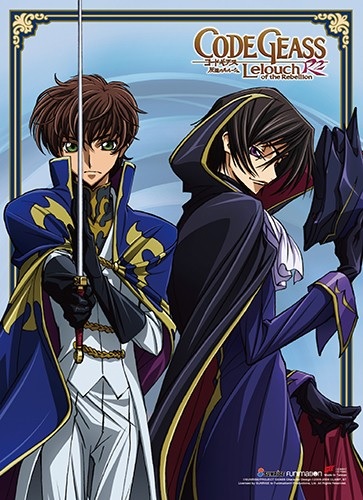
Short Answer: Despite being an old anime, Code Geass still remains a very popular anime to this day. The success of Code Geass comes from having a very well developed main character. Another major reason for it’s popularity is an unpredictable plot which viewers can’t get enough of.
For those who haven’t seen it yet, or are unsure whether or not to begin watching a new anime series and which one to choose, this is the one to watch. Believe me when I say that you will be in for a mind-blowing experience.
Want to know more about why Code Geass is good? Keep reading to find out!
Character’s Personality
Lelouch vi Britannia
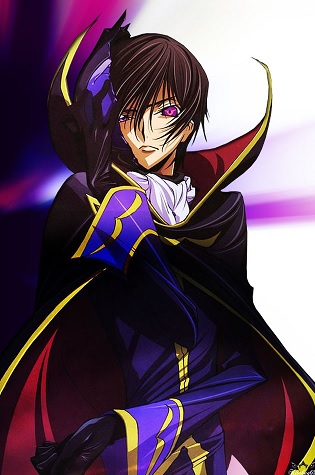
Many characters have stated that Lelouch is self-centered due to the fact his ambition is to transform the world into what he needs it to be. This is derived from his choice to revenge his mother’s seeming death and for Nunnally’s sake, however, he eventually understands that his goal is for the entire world.
He can be a very caring person to his friends and loved ones, despite his cold, calculating mannerism and ruthlessness in battle. Even though they are enemies, he is Nunnally’s loving older brother and Suzaku’s devoted friend. At first glance, Lelouch seems unconcerned about his subordinates’ well-being, but in reality, he cares about them and respects them as valuable allies. Though he has shown favoritism in the past, particularly with Kallen.
C.C

Throughout the series, C.C. shows little emotion or affection and is apathetic towards most. She quickly proves to be stubborn, selfish, and headstrong, with high standards, which Lelouch observes and teases her about. She claims to despise it out of stubbornness. “That’s what makes me C.C,” she says. Also, her pragmatism and focus on Lelouch’s “contract” reveal her selfishness.
She was willing to shoot Lelouch early on to stop him from meeting Cornelia’s challenge. She advised Lelouch to use Geass on Nunnally to win her over. She’s also shown to be a loner, preferring to solve personal issues alone, and dismissive of people. C.C. is very secretive, comparable to Lelouch, though less coordinated.
Charles Zi Britannia

Despite his cold and intelligent demeanor, Charles is a social Darwinist who believes that only the strongest deserve to succeed in life. Following Marianne’s death, he regarded Lelouch cruelly, showing no compassion to his then-adolescent son. He is also extremely cynical, believing that the natural course of humanity is struggle and conflict.
In dealing with his enemies, he shows no regard for morality at all. During his rise to power, many political rivals and allies were killed. Even as Emperor, Britannia continued to fight global enemies. He doesn’t care if the casualties are enemy combatants, innocent citizens, or even British soldiers in the end. His beliefs and ideology appear to be the result of a traumatic childhood that educated him on the fact that without power, one cannot survive. During their final confrontation, he tells Lelouch that the Ragnarok Connection will make sure of Nunnally’s peaceful world.
Kallen Kozuki
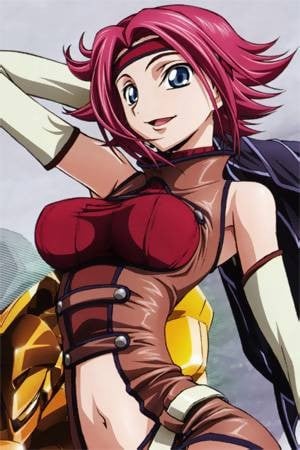
Kallen was able to lead a normal life despite her dual heritage as a Japanese and a British citizen. Throughout the show, she was the only selfless character. Like her fellow black knights, she refuses to fully accept Japan being called ‘area 11’ or the Japanese people as ‘Elevens’. Although she is half Britannian, she denies this side of her because it would have mean that she would abandon her Japanese friends, people, and herself.
Kallen has shown concern for Britannian civilians on numerous occasions, one of which was during the Lake Kawaguchi incident when she was visibly concerned for the Student Council. When she’s working with the Black Knights, she transforms from an emotional, prejudiced, and distrustful rebel to a confident, skilled fighter with much stronger senses of justice and fairness, who is willing to keep aside her feelings and interests to protect those she genuinely cares about.
The Plot
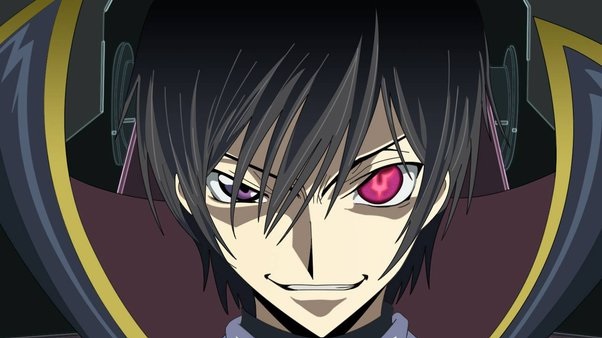
In the year 2010, the Holy Empire of Britannia has laid down a sturdy foundation for itself as a supreme military country, beginning with the subjugation of Japan. Renamed Area 11 after its quick loss, Japan has seen serious defiance against these autocrats trying to reclaim freedom. Lelouch Lamperouge, a brilliant Britannian student, unluckily ends up stuck in gunfire between the Britannian and the Area 11 dissident military. He was able to get away due to the timely emergence of a mystical young lady named C.C., who gives the Geass to him, the “Force of Kings.” Realizing the tremendous capability of his freshly discovered “force of outright compliance,” Lelouch sets out upon a dangerous excursion as the covered vigilante known as Zero, driving a brutal surge against Britannia to seek retribution unequivocally.
The Execution
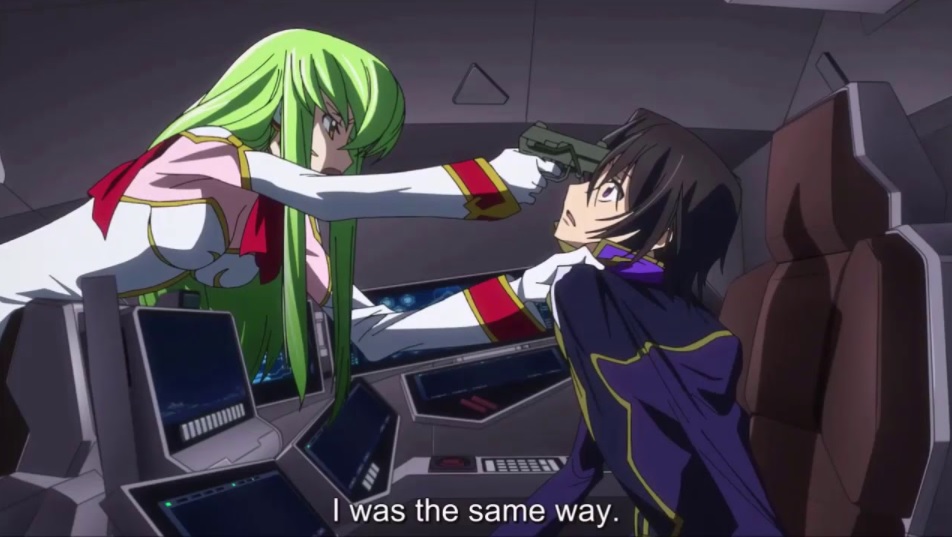
I have watched a lot of anime’s in the last 25 years and in all of the mecha anime’s I have seen, Code Geass has kept my mind engaged throughout the end. Engaging in the sense that left the viewers and fans guessing and bewildered. One thing that kept this anime appealing to the audience is our main character named Lelouch, he is an anti-hero that you can compare to Light from Death Note, Tanya from Saga of Tanya The Evil, and Momonga of Overlord. Lelouch is who we can describe as a genius sociopath whose strategic level of thinking and schemes is way beyond the norm. Lelouch is a character that you can’t help but fall in love and hate at the same time. Now, another one of Code Geass highlights is how the author craftily played the character’s development, especially with Lelouch and Suzaku. [Spoiler Alert!] From a furious banished royalty with a dream both self-centered and self-sacrificing all together to one whose vision became unselfish out and out and the latter understanding that not all things are highly contrasting. Finally, the last reason why Code Geass is beloved by many is the heart-tugging question that left many to wonder “Do the end justify the means?”. This series is very well thought-off and perfectly executed by the author and for that I applaud him.
Opening Songs
Colors

Sung by FLOW was the first opening theme of Code Geass: Lelouch of the Rebellion R1 from episodes 1 – 12. This song has two versions with slightly different accompanying animation sequences to the same song.
Kaidoku Funou (Impossible to Decipher)

Second opening theme “Kaidoku Funo” is referred to as “Kaidoku Funo”. A Jinn song appears in episodes 13 through 23 of the show. Like the first theme, this one also had two versions, each with a small difference in animation sequences.
Hitomi no Tsubasa (The wings in my Eyes)
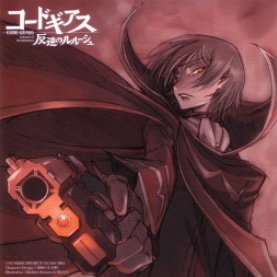
Performed by Access was the third and last opening theme of Code Geass: Lelouch of the Rebellion R1 and was used from episodes 24-25.
Ending Songs
Yuukyou Seishun Ka (A song for Chivalrous Youth)
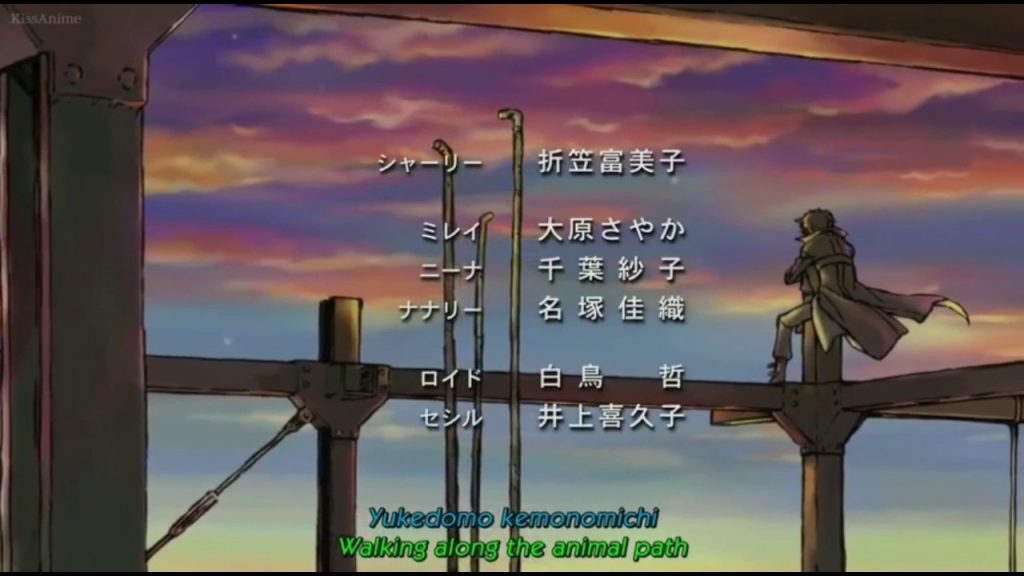
The first ending theme, “Yuukyou Seishun Ka,” may be heard for the first time in Code Geass: Lelouch of the Rebellion. From Stage 1 to Stage 12, ALI PROJECT is responsible for carrying out and using the process. Code Geass: Lelouch of the Rebellion II — Transgression serves as the opening segment for the film adaptation.
MOZAIKU KAKERA (Mosaic Fragments)
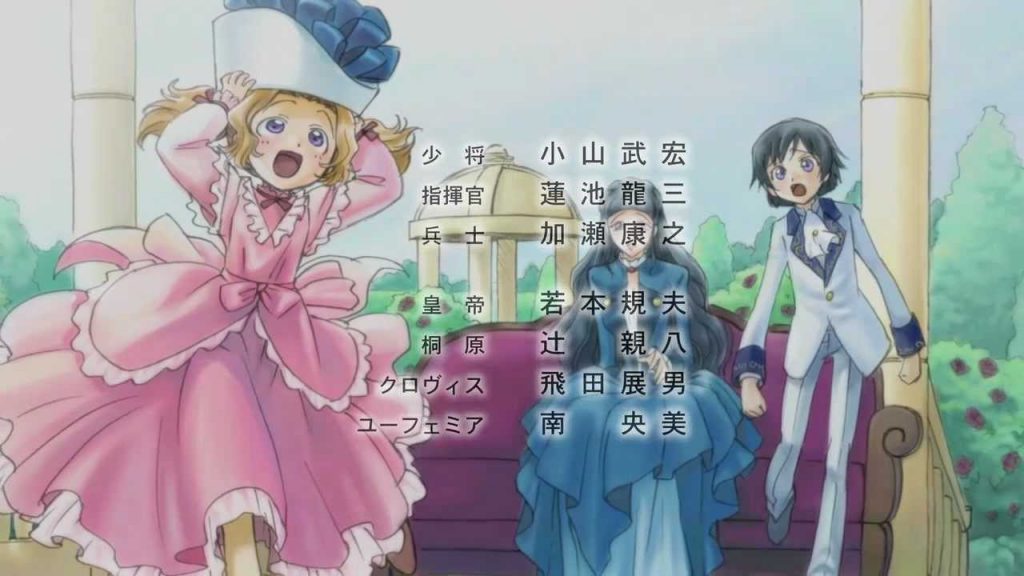
The second ending of the Code Geass theme is titled “Mosaic Kakera.” Since its debut in episode 13 through episode 25, Sunset Swish has sung the song. Even though the people of Area 11 are entangled in a common story, they remain, at their core, individuals seeking fulfillment. While Diethard watches over Tohdoh, Euphemia and Cornelia sit on the porch and enjoy a meal and take in the view, or Rakshata and her crew meet for a cup of coffee and some discussion, everyone is just trying to have a good time. The tragedy of Area 11 is the only thing that connects these different characters.
The Ending
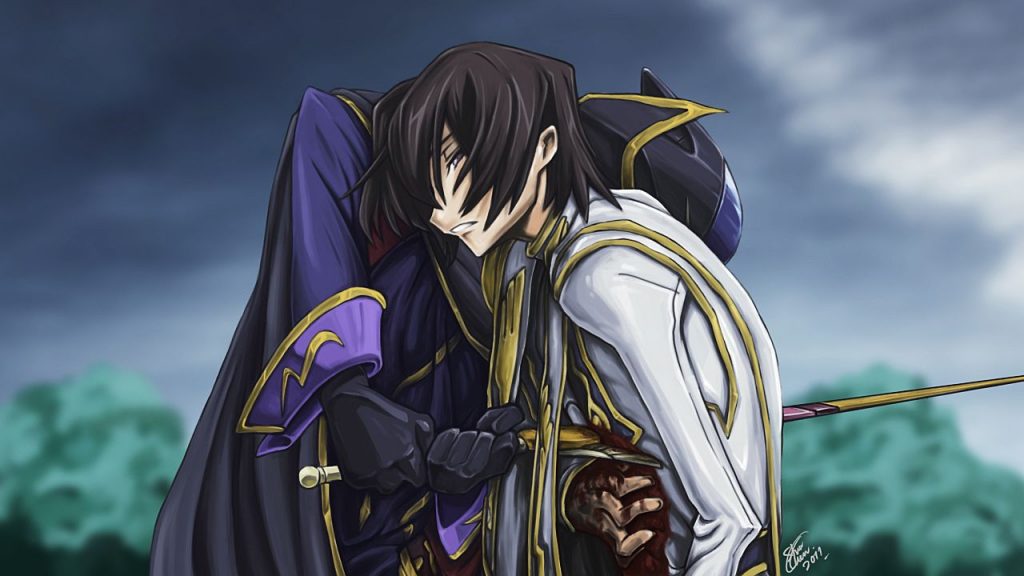
Code Geass’s ending has left a lot of anime fans wondering and due to that, it became one of the sought anime so far. In the finale of Code Geass, Lelouch decides to focus all the world’s disdain upon himself. Thusly, giving anyone another chance, one that will permit them to push ahead while leaving behind the fighting. Lelouch of the Resurrection clarifies that his thought took care of business, however just for a brief period. There were different interests in play, and not every person was content with his choice.
The writer of Code Geass said that Lelouch died when Sukazu stabbed him, but he didn’t say that he died in every other form and that he won’t come back. After Suzaku killed Lelouch, his code was activated and he was brought back to life as an immortal, just like C.C. A magazine called Continue had a list of people who died in the series, but it doesn’t mean that Lelouch VI Britannia did not return to life. His name was on the list because he died in a way that erased his name from the world as Charles and C.C. did. In episode 21, we can see Lelouch reaching full geass. People with this kind of geass can kill immortal people. In the process of killing Charles and his mother, he utilized geass on their mind. Later in that episode, Charles tried to choke Lelouch with the hand that had a geass symbol. Suzaku tried to help Lelouch to get away from Charles, but Lelouch turned him down. One thing that is not clear is whether Lelouch knew that Charles was going to steal the code and let him attack him purposely, or if it was just an accident. Either way, it worked out for him.
If you made it this far, you are awesome!
Thanks for reading and if you want to read more fun stuff about Gundam and Mecha related anime, don’t forget to check out our posts!
